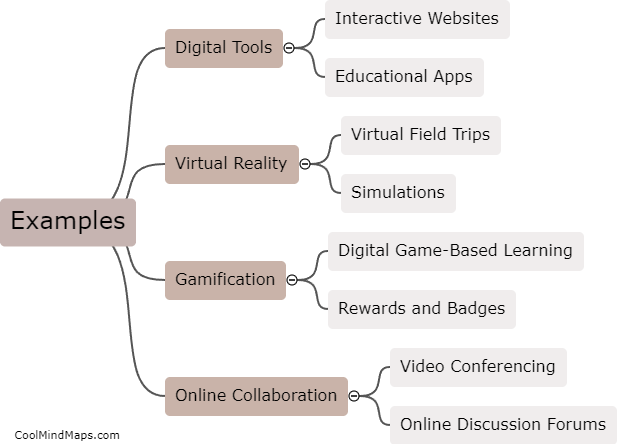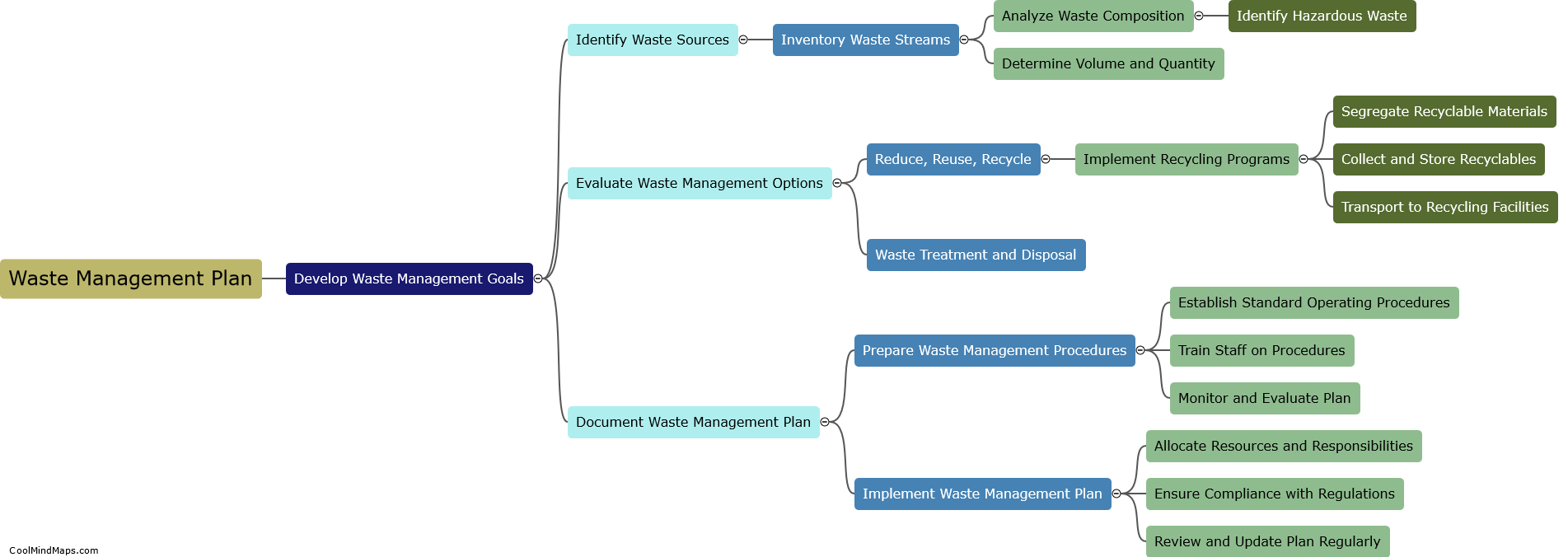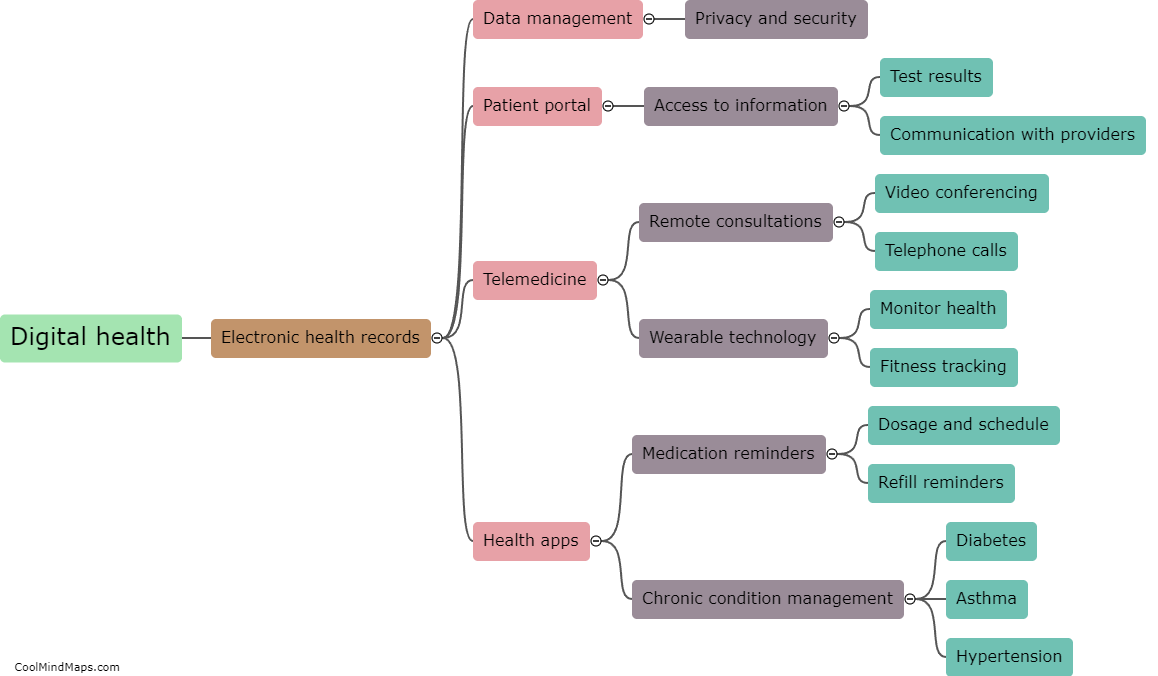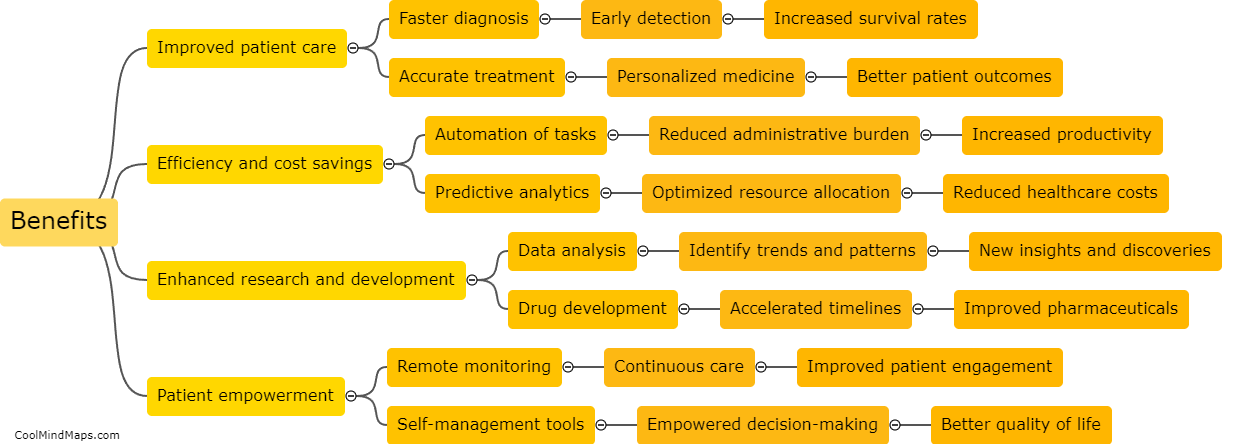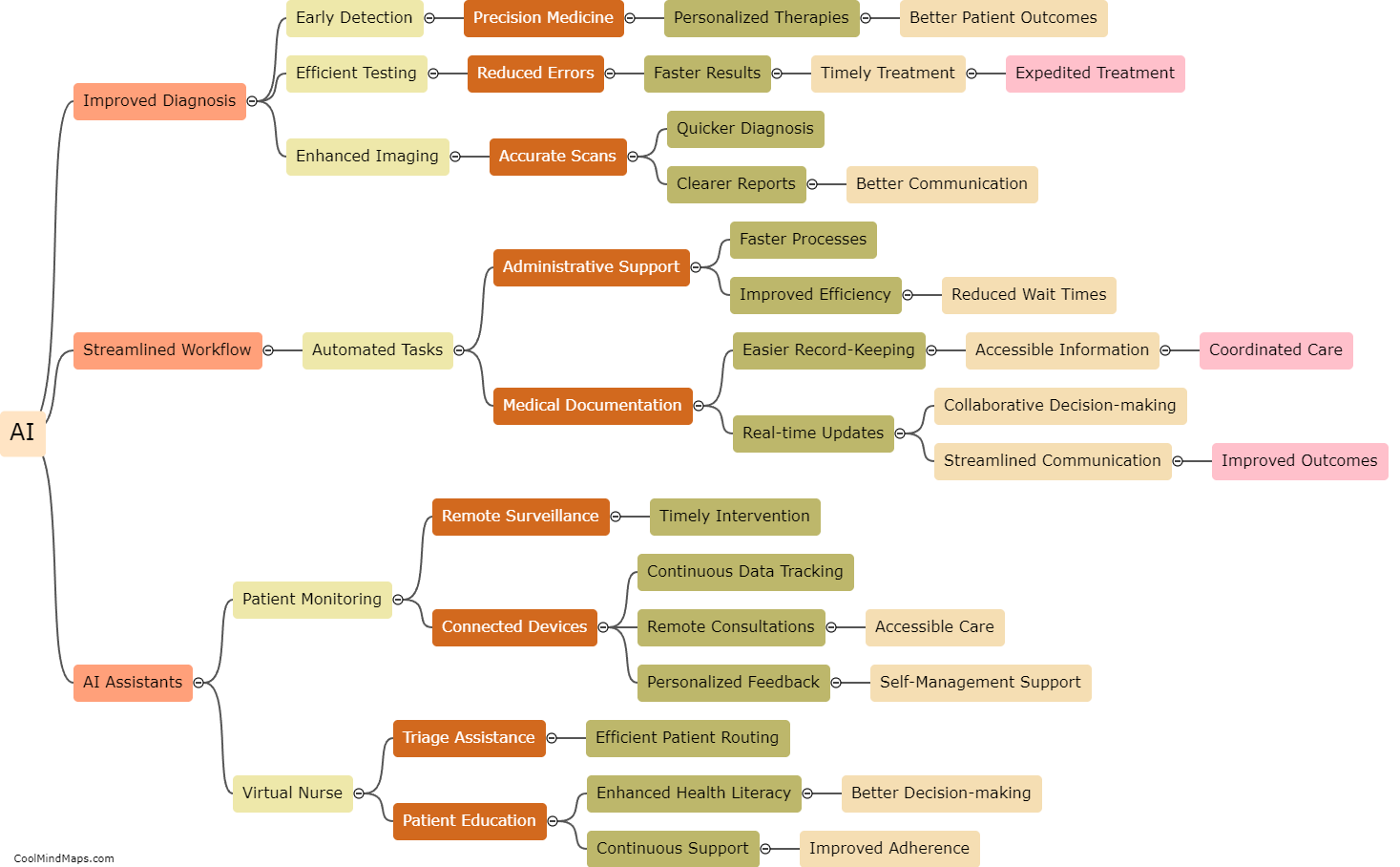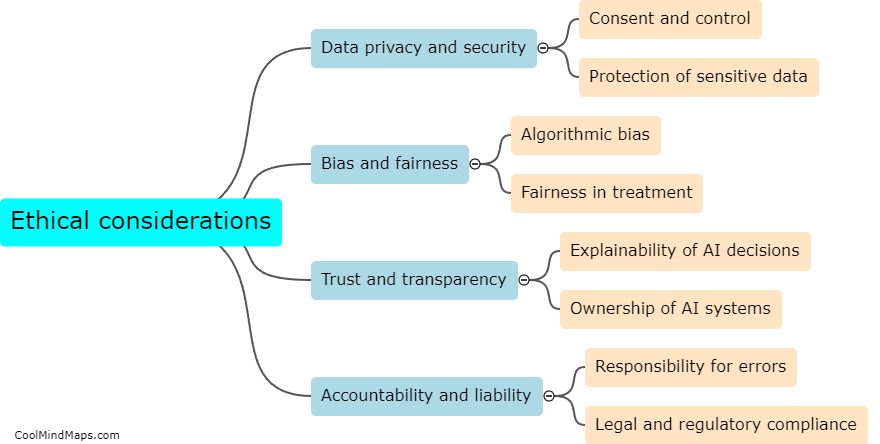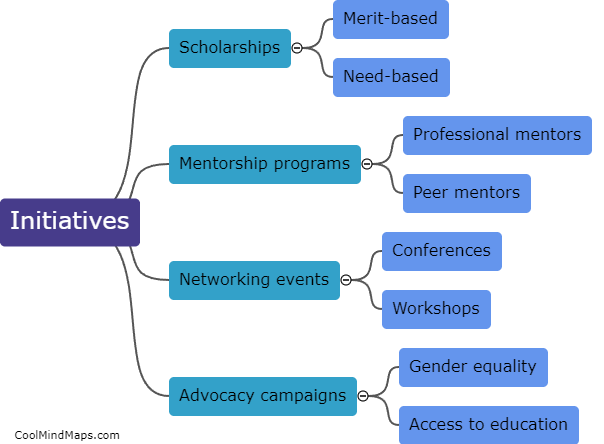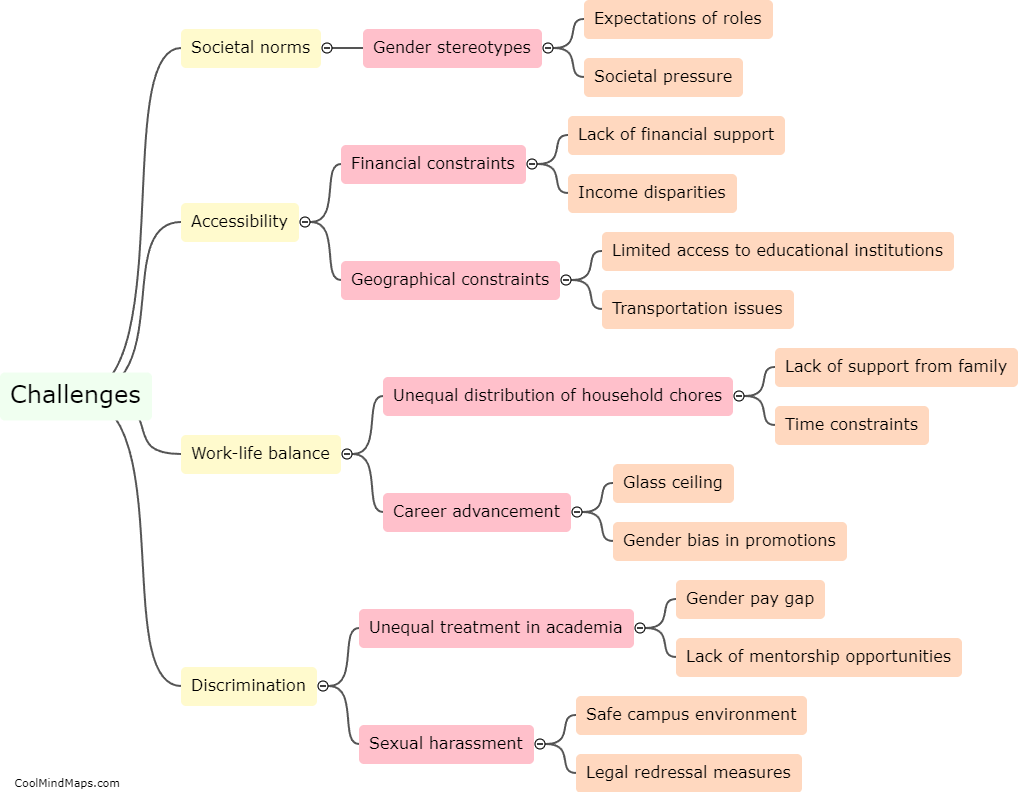What are the challenges in implementing AI in the healthcare sector?
Implementing AI in the healthcare sector comes with its fair share of challenges. One of the main hurdles is the availability and access to high-quality data. AI systems rely on large volumes of diverse and accurate data to train and make accurate predictions. However, healthcare data is often fragmented, stored across various systems, and can be held by different entities, making it difficult to integrate and standardize. Additionally, concerns regarding data privacy and security further compound the challenges of sharing and utilizing this data. Another challenge is the lack of trust and acceptance from healthcare professionals. As AI systems start to assist in diagnosis and treatment decisions, it is crucial for healthcare providers to understand and trust the technology. Ensuring transparency, explainability, and accountability of AI systems is vital for building confidence among medical professionals and patients. Moreover, regulatory and ethical considerations surrounding AI implementation, including bias, fairness, and accountability, need to be addressed to ensure that AI technologies are used safely and ethically in the healthcare sector.

This mind map was published on 16 July 2023 and has been viewed 117 times.
